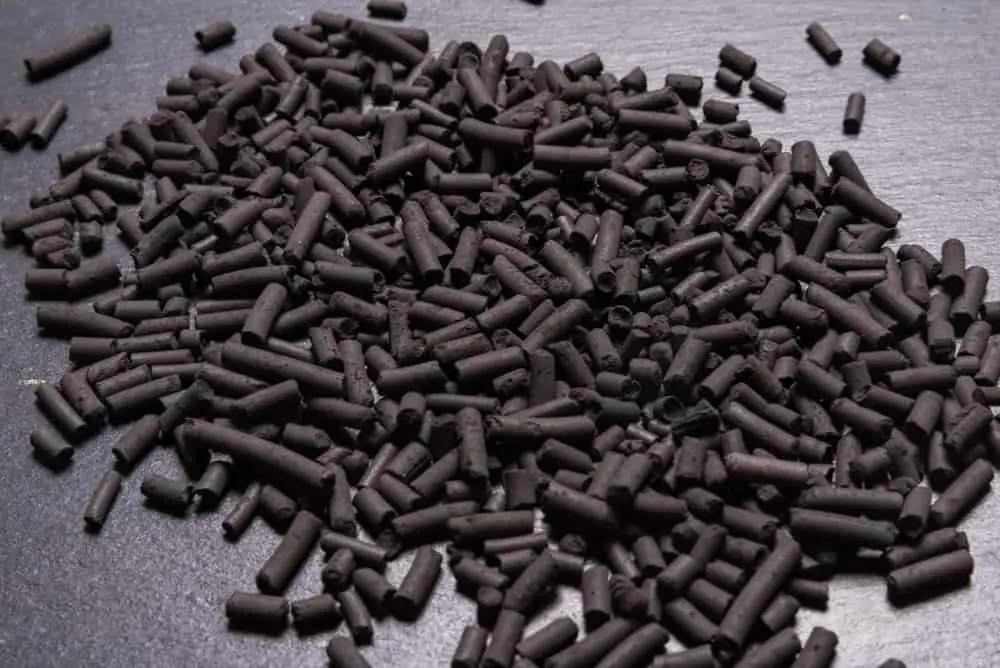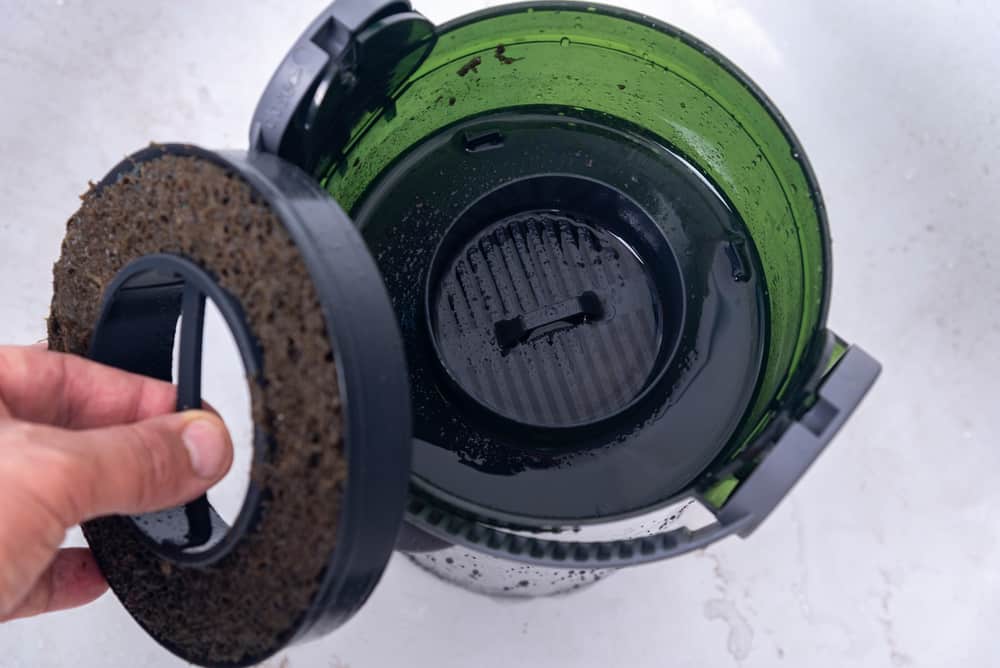Keeping an aquarium requires regular upkeep, especially if you want it to last a long time. These fish homes need a lot of care and maintenance to keep your fish happy and to prevent you from having to fork out more cash to buy another one.
Once you begin looking into the different filtration options available for aquariums, one of the most common next questions is if an aquarium filter needs carbon.
In short, you do not NEED carbon in your aquarium filter, however, it is highly recommended because it provides many beneficial effects to the tank water.
After all, the water in a fish tank should be suitable for a fish to live in. However, there are a few factors you need to understand when it comes to using carbon in an aquarium filter and how it works.
Activated carbon is charcoal with many pores that has been specially treated. These tiny pores can lock in large amounts of waste products from the air and water which is why activated carbon is used for chemical filtration.
These pores can filter chlorine, phenols, certain medicines from the water, and tannins which are known to discolor the water. Therefore, activated carbon is used in aquarium tanks to keep the water clear.
Nonetheless, activated carbon can not eliminate all the different forms of pollutants from the aquarium’s water. It is unable to remove ammonia, nitrates, or nitrite.
Generally speaking, activated carbon finds nitrogen elements are immune to its effects. Therefore, using it in an aquarium with ammonia probably wouldn’t work.
You would need to use a water conditioner before using activated carbon but once fully used up, it is not possible to recycle any activated carbon. This is because it requires heat therapy which can’t be found in a normal environment.

For aquarium filters, Granular Activated Carbon which is made up of Bituminous coal is the best option.
While it’s true that activated carbons are great at cleaning the air and water surroundings of a fish aquarium, the Bituminous GAC (granular activated carbon) is designed especially to remove a range of toxins from the water.
The porous surface of the water in these tanks can absorb the toxins resulting in an effortless cleanse of the water and any odor that may have been attached.
Table of Contents
Can you put too much carbon in a fish tank?
No, it is generally believed that there is no truth in the fact that too much carbon can affect a fish tank negatively.
When activated carbon is added to a fish tank, it will only filter out and remove the impurities found in the water column. It will not remove anything else from the water so you shouldn’t worry about adding extra carbon in. It will not affect your fish tank in any way.
The efficiency of activated carbon in your aquarium’s filters depends on two main factors. Firstly, the amount of activated carbon which is added to the filter and secondly, the amount of time the impurities in the water have remained in contact with the carbon.
The more carbon in the filter, the better it will be at doing its job. Think of it like an army. A small army wouldn’t be able to fight off as many impurities as a larger army of carbon.
Also, the contact time of the impurities and carbon can easily be affected by the flow rate of the water. Therefore, slow running water is the better choice.
Activated carbon must be placed in running water as it is only able to filter the water that passes on top of it. It can not reach the impurities of the aquarium water indirectly.
Simply put, the more carbon you have in your fish tank, the better the results will be. Setting your water to a lower flow rate will give the carbon more time to be in contact with the water impurities and contaminants. The longer they can fight these impurities, the better the carbon will be at absorbing them.
It’s important to note that you should check the rating of an activated carbon filter before you purchase one. These filters are all rated on the average size of the particle that they can remove.
The most effective activated carbon filters have a rating of 0.5 microns while the least effective on the market are rated at 50 microns.
Best Activated Carbon for your filter
One of the most recommended activated carbon for your filter is from MarineLand Diamond. Their Premium Activated Carbon is one of the best choices when considering price and benefits.
Just remember that you can not just add carbon to your aquarium filter. You must store them in a recyclable bag such as the Fluval SPEC Carbon Filter bag to keep the carbon in one place so no carbon particles are released into the water.

